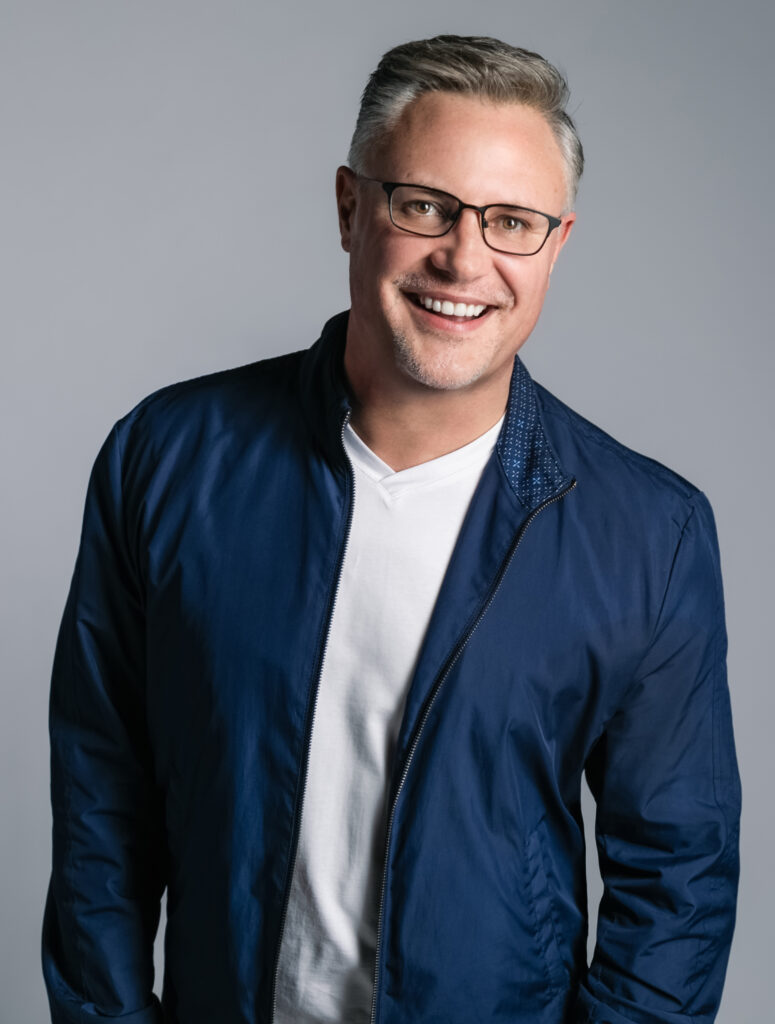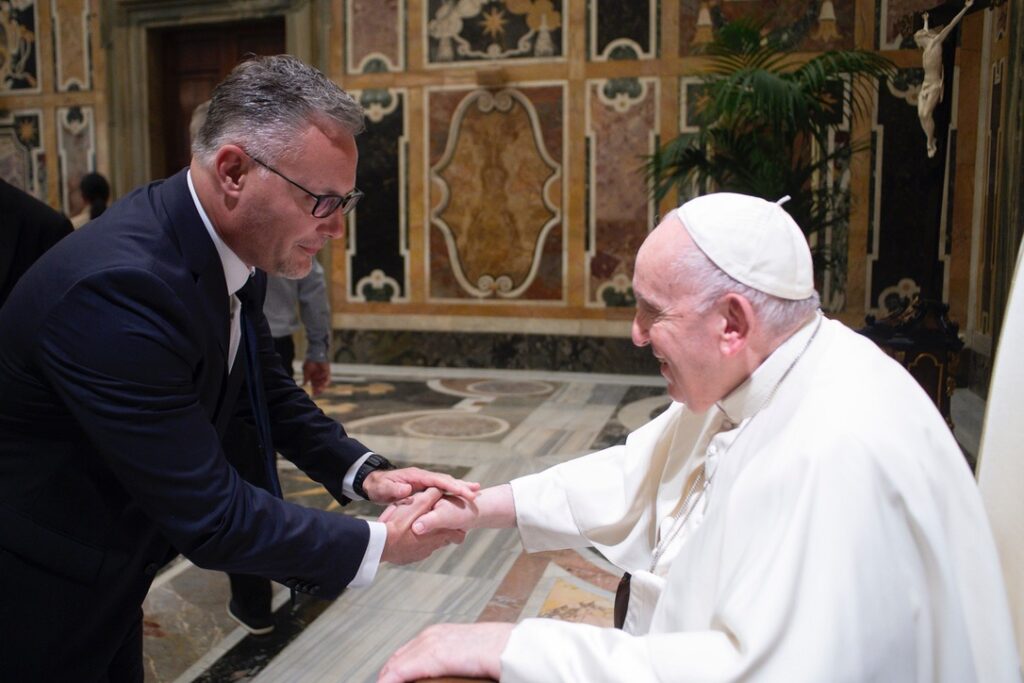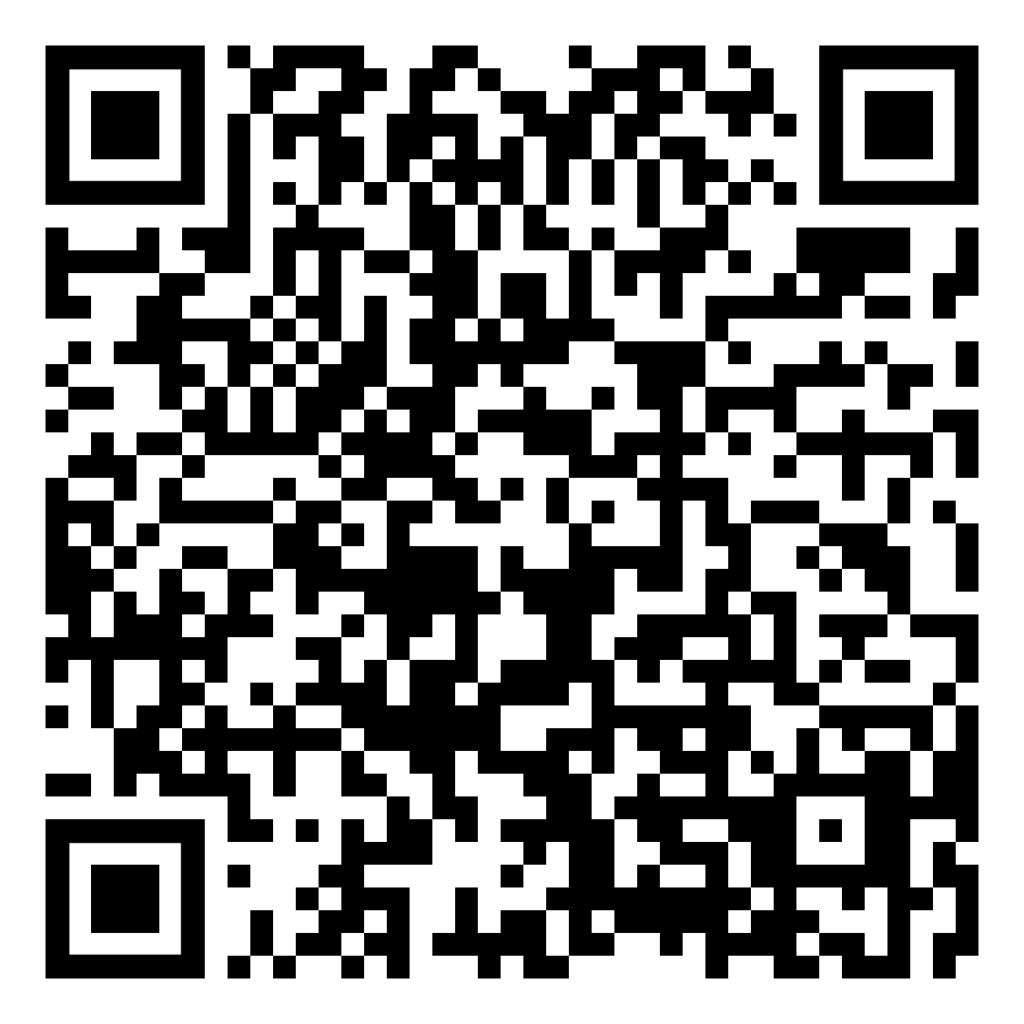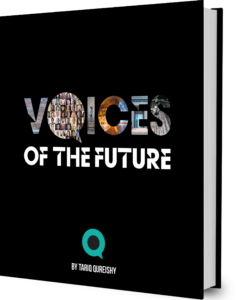Dr. Rod Berger is the consummate storyteller. As a narrative mad scientist myself, I am but an amateur in the presence of Dr. Berger’s awe-inspiring talent. His views illuminate the corridors of tomorrow through the prism of today’s stories with foresight and wisdom.
“My passion for storytelling began many years ago,” Dr. Berger reveals, tracing the roots of his fascination to the intricate stories woven by his father’s experiences in World War II Germany. “Storytelling provides a personal connection to story, mythology, not knowing what’s around the corner. That’s my approach to everything in life, being incredibly curious, and honored the stories that reveal themselves as I turn that corner.” His early exposure to the power of narrative shaped his understanding of storytelling not just as an art form but as a vital conduit for truth and perspective. This deeply resonates with me.
He’s a distinguished journalist and storyteller, adept at uncovering the unique essence of individuals and stories worldwide. His career spans over 16 years, featuring guest lectures at Vanderbilt’s Owen Graduate School of Management, appearances on the TEDx stage, and explorations in remote global regions.
His contributions extend to Forbes, Entrepreneur Magazine, and international coverage of significant events, including discussions on the global refugee crisis with the Pope and United Nations officials in Rome. Dr. Berger’s adventures have taken him from the Nile River for rafting expeditions to the heart of Stockholm and behind the scenes of Formula 1 races, demonstrating his relentless pursuit of stories that resonate.

Dr. Berger has cultivated a network of global partnerships, aligning with prestigious groups and organizations. His roles have varied from being a brand ambassador for Soundtrap, a Spotify entity, to current positions such as Strategic Advisor for the Refugee & Migrant Education Network and Advisory Board Member for both JRG Ventures, an international M&A company, and the nonprofit
tand Up & Learn.
What shaped his story for him to become who he is today? Dr. Berger divulges: “The greatest influence on my perspective of life is that I did have a much older father, and because of that, my need for connection was based on traversing a very long timeline. I enjoyed connecting with adults, always hoping that there was a story they’d share with me. It felt like the light was being shared. That storyteller and journalist was formed early on in my life and gave great meaning to me.”
During college, he focused on broadcasting and journalism, following his passion for public speaking and working with young people. The power of the microphone wasn’t enough: Dr. Berger longed to learn more about human connection – the essence of storytelling – which led him to his doctorate in clinical psychology. “I wanted to understand the human dynamic because I thought I’d then have a much better shot of asking the questions that mattered most and connected deepest,” he says.
Our discourse ventures into the realms of trust, truth, and ethics, which I passionately believe will shape the future – not technology. Dr. Berger emphasizes the dual nature of trust as both a foundation and a revelation: “Personal responsibility is uppermost because trust goes both ways. Sunlight is a great antiseptic; it can disinfect the world around us, but one of the challenges is that it is also revealing. That sunlight will expose how we struggle to understand the reciprocity of communication and relationships. People think very myopic and insularly, losing an opportunity to understand how others think or understand things. That’s discourse.

According to Dr. Berger, the most significant relationships we have are born from an initial conflict or initial difference of opinion, which, when we work through, builds an appreciation for the other person because they joined in a journey of discovery. “That’s where trust is built,” he believes. “Trust is one of the fundamental elements to our species in how we engage with each other in an increasingly smaller and smaller world,” he adds.
The discussion naturally shifts to technology’s role in storytelling, emphasizing that technology itself lacks intelligence, bias, and ethics – these are human qualities. I argue that our ethical considerations should guide the development and application of technology, ensuring it serves humanity ethically. Dr. Berger affirms: “We craft the code and design technology to evaluate environments, assigning values such as good, bad, or neutral. Stories and conversations can break through echo chambers, driving societal progress.”
He emphasizes: “Story has always been, and will always be, a currency of human connection. We’re all humans. I may not have money in my pocket, but I have a story that can either inform you, provide a connection, or help you through something. Stories are currency.”

Dr. Berger highlights a transformative shift in the business world, describing it as “taking two points in the universe and folding them together.” This change, driven by remote work and new employee expectations, brings to the forefront a critical insight: “Gen Z look at purpose over profits,” indicating a significant shift towards valuesbased engagement. He emphasizes the need for companies to resonate with employees’ aspirations and integrate storytelling into their mission. He contends that successful companies will adapt their mission to reflect storytelling’s pivotal role, warning that “businesses will die on the vine if they don’t understand the power of narrative.”
Exploring the role of storytelling in structured environments underscores the importance of sharing narratives to foster growth and continuous intellectual engagement. Dr. Berger shares: “Watching TEDx Talks often leaves me wondering, ‘What’s next?’ This curiosity stems from our privileged access in the West to those we idolize through media, presenting both a challenge and an opportunity for storytelling’s evolution.” He envisions a future where storytelling transcends traditional formats, offering multi-dimensional experiences that connect us with diverse voices and perspectives. For him, this approach enriches our learning and challenges us to think beyond the conventional. “The future of storytelling,” he muses, “lies in its ability to transcend the noise, to connect us to the core of our humanity, and to illuminate the path forward.”
Drawing our conversation to a close, Dr. Berger imparted a message of hope and resilience, urging us to wield the power of storytelling as a beacon in the quest for a more empathetic, understanding, and connected world. His words, a clarion call to the storytellers and visionaries of today, resonate as a testament to the transformative power of narrative in shaping the future.














